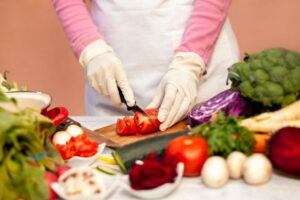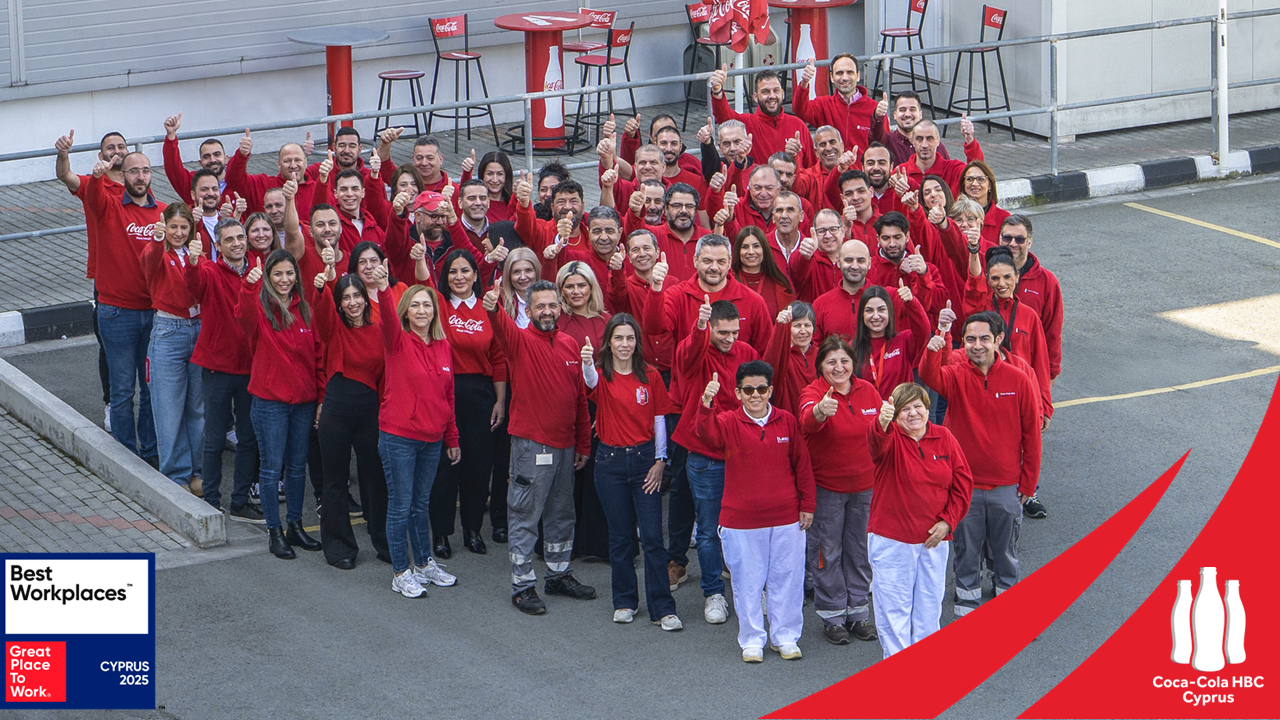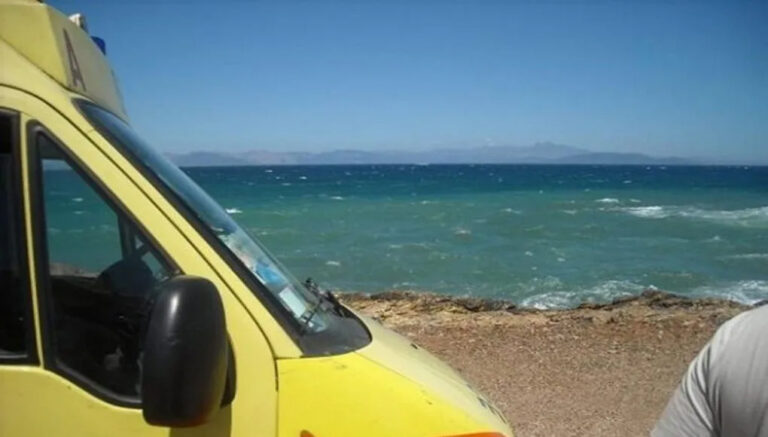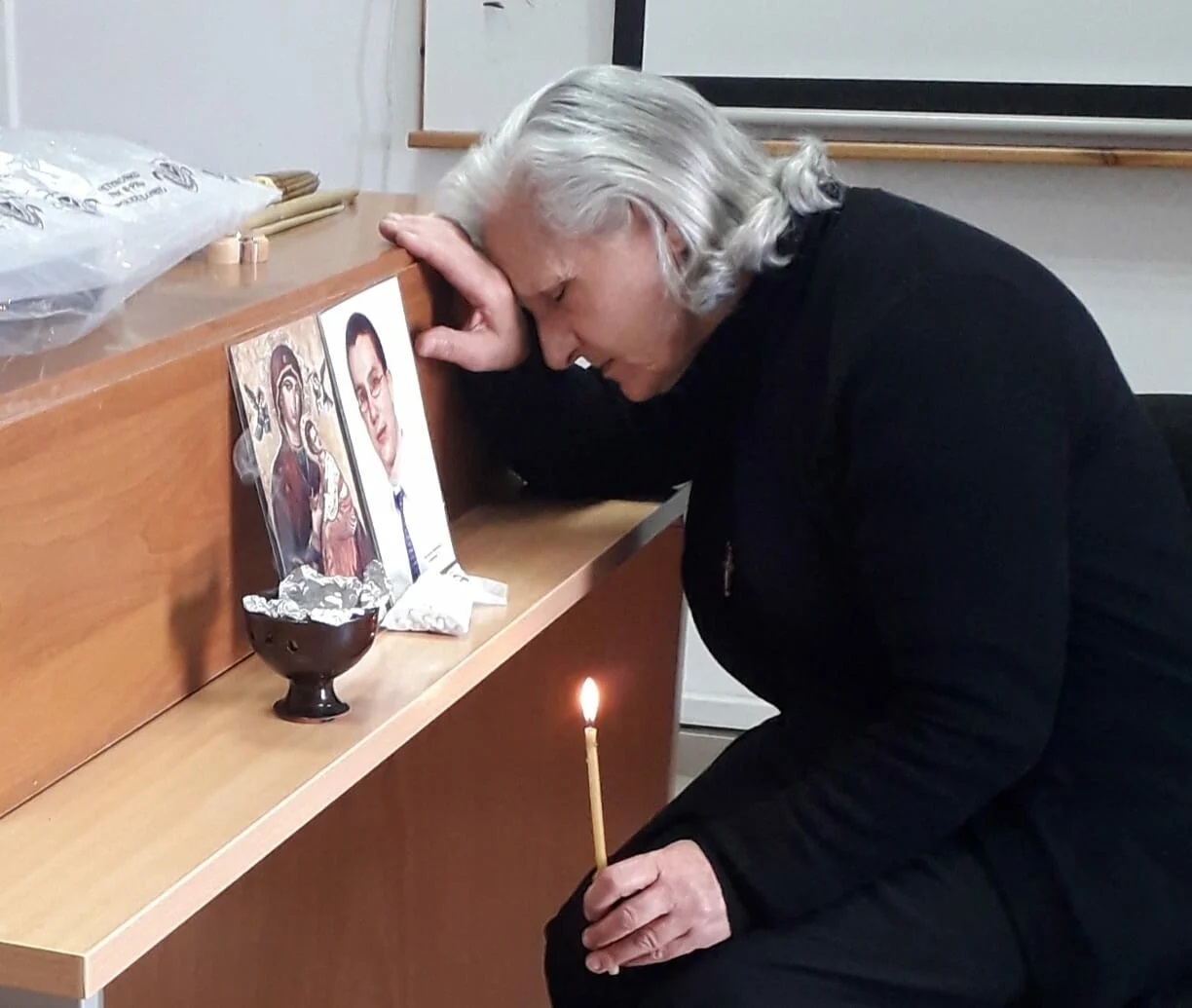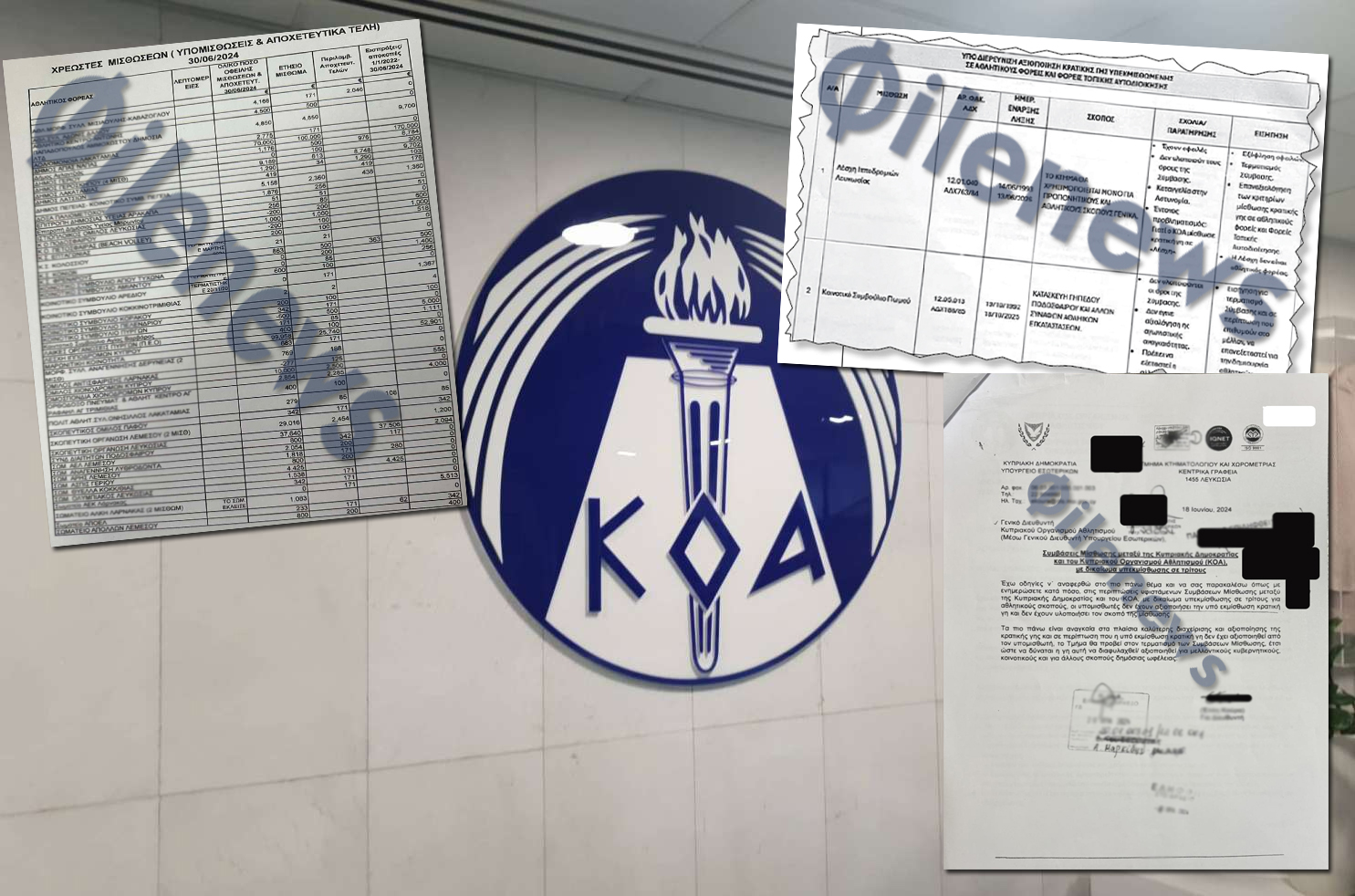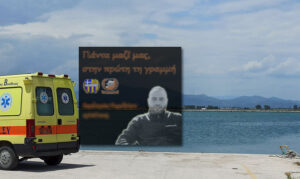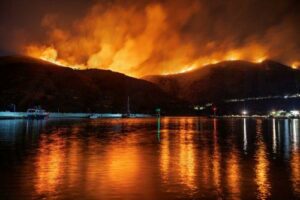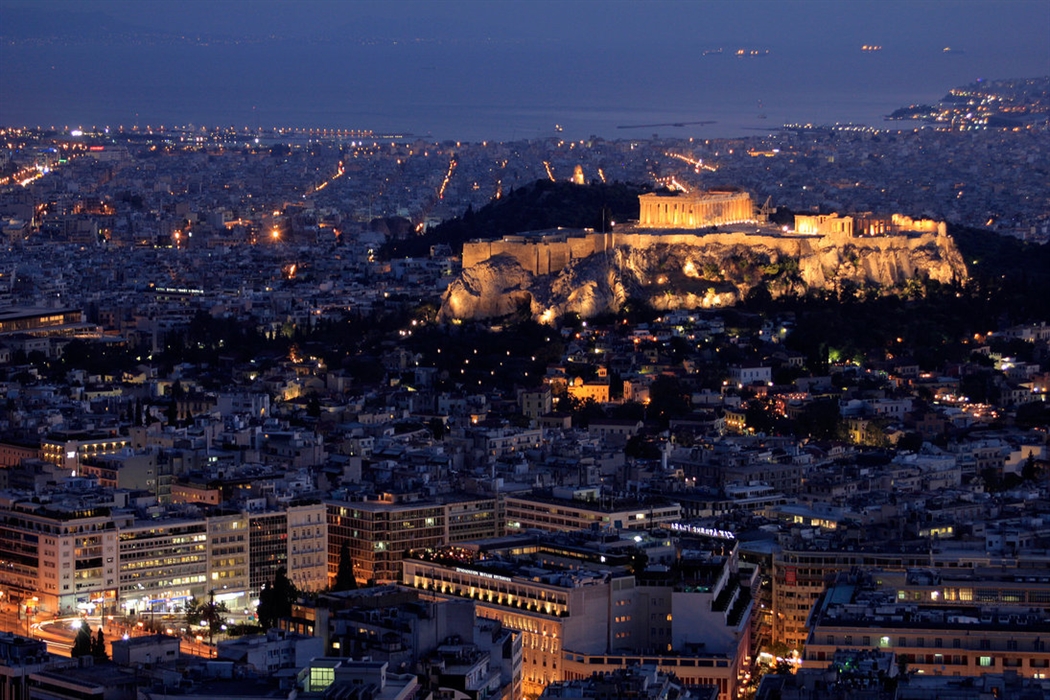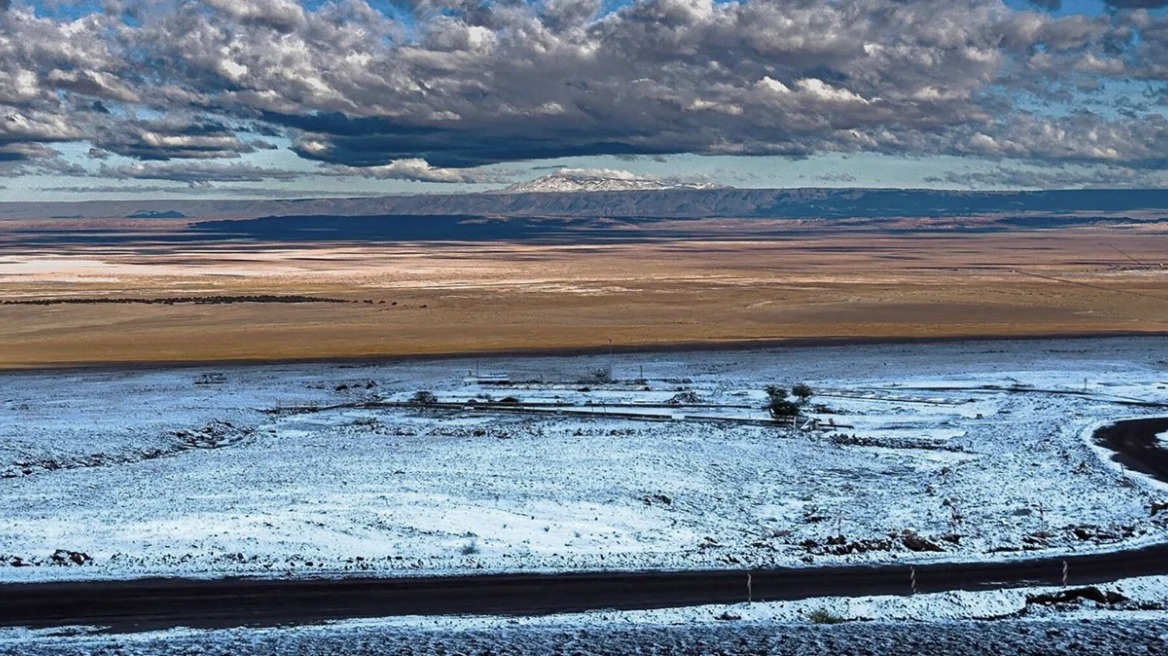The European Union we enjoy the highest food safety standards due to a number of effective actions and systems that are put in place to tackle global challenges on food safety, EU Commissioner for Health and Food Safety Vytenis Andriukaitis said on June 7, World Food Safety Day. It was the first ever World Food Safety Day.
It was created to draw attention and inspire action to help prevent, detect and manage foodborne risks, contributing to food security, human health, economic prosperity, agriculture, market access, tourism and sustainable development.
“Today, as we celebrate the first World Food Safety Day, I invite you to take a moment to reflect upon the efforts required to bring safe food to our tables and pay tribute to all the people who make it possible: farmers, chefs, agronomists, veterinarians, auditors and so many others who work around the clock to make safe food a reality,” Andriukaitis said.
According to a European Food Safety Authority survey, most Europeans (55%) have a high level of awareness of food safety topics and two-thirds have changed their behaviour as a result of receiving information about food safety issues.
In Europe, scientists (82% – an increase from 73% in 2010), consumer organisations (79%) and farmers (69%) enjoy the highest levels of trust among Europeans when it comes to information on food risks.
Trust in both national authorities (60%) and European Union institutions (58%) are quite high and in line with the 2010 results. However, the report shows that Europeans have quite limited understanding of how the EU food safety system works.
“In the EU, food ‘safety nets’ are strong. We have a solid legislative basis to control hazards in the supply chain. To make sure that the legislation is implemented and enforced, we rely on dozens of audits and inspections carried out within and outside the EU. We base our decisions on sound scientific evidence. To do so, we rely on the European Food Safety Agency (EFSA) that brings together scientists from all Member States to provide valuable scientific expertise,” Andriukaitis said.
Edited by Bouli Hadjiioannou

